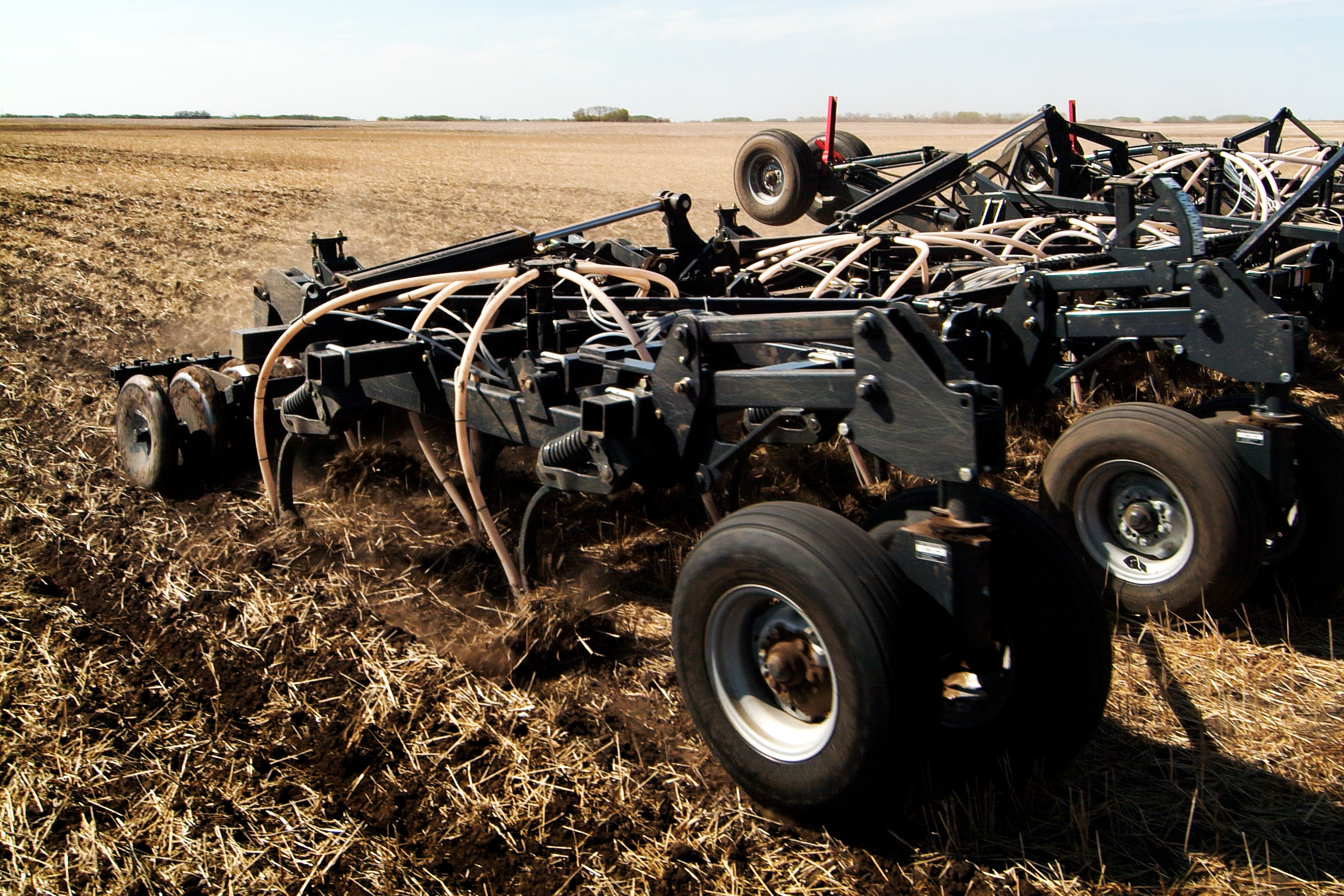By Peter Semmler, Agrisemm Global Brokerage
January 9, 2020
The weather since the last report has not been overly supportive of a good finish to the pulse crops in Australia. Yields and production were well down compared to a normal season, with the only exception being Victoria.
Western Australia
Rainfall for the balance of the season was down from the average and as a consequence so was production of pulses and cereals. Harvest was disrupted by cool weather and some rain, which ended up reasonable, all things considered.
South Australia
Despite the late start, pulse crops progressed reasonably well until September. With no serious rain thereafter yields and production dropped in most areas. The drier season heightened the impact of frost damage, especially to lentils.
Victoria
The late start was not an impediment to a good season and was certainly helped by the best retained moisture profile. From September through to harvest rainfall was below average but still adequate for an average-to- good season.
New South Wales & Queensland
The dry conditions have continued in both states, impacting pulse production dramatically.
Comments on Production Estimates
Desi Chickpeas
From our poll of traders, the consensus view was a final production estimate of between 200,000 and 210,000 tonnes. The majority of this production was in Central Queensland and will be shipped in bulk vessels to Bangladesh. As can be seen from the table this will be the smallest crop for the last six seasons. As a result Desi prices have continued to firm strongly. At the time of writing, trades of around $800 USD cost and freight (CFR) Karachi, Pakistan were reported.
Faba Beans
After the tumultuous prices from last season, followed by the savage correction and forecasts of a good crop, the expectation was for a more stable market for new crop faba beans. Early sales to Egypt were in the range of $480-500 USD CFR Damietta. Prices then fell to levels around $400 USD. With no support from farmers, prices began to firm. This trend was further exacerbated by cool weather delaying the harvest in South Australia. Prices continued to rise as traders clamoured for beans to cover early shipments and farmer selling slowed as a result. One exporter started to aggressively buy beans for a bulk shipment from Portland. Prices to Egypt kept rising, and at time of this article, trades around $560 USD CFR Damietta for February shipments were reported. At this stage firm prices should continue for the next couple of months at least. We expect the final production of faba beans to be around 320,000 tonnes, which is a good result considering the season.
Lentils
In South Australia the season did not end well. With the dry finish frost damage was a problem, impacting yields. On Yorke Peninsula, the major growing area, yields which are normally around 2 tonnes per hectare (29.7 bushels per acre) were down to as low as 700 kilograms per hectare (10.4 bushels per acre), with an estimated average of around 1.2 tonnes per hectare (17.8 bushels per acre). The yields in the lower and mid-North were well down from historical averages. Thousands of hectares of lentil crops were cut for hay as the outlook for rain worsened. The production shortfalls in South Australia were in part covered by a better production outcome in Victoria. As a result, predicting the final production is difficult but it is believed that 320,000 tonnes will be achievable.
On the selling side, the position is much healthier. Many farmers were not prepared to sell at what they considered low prices, and have been storing or warehousing lentils over the last three seasons. Finally, their decision has been vindicated with lentils trading some $150 USD per tonne higher since early November. The global lentil market is now much firmer. In October Australia exported close to 62,000 tonnes of lentils, which was way over normal monthly shipments.
In conclusion, the continuing dry weather is becoming a major concern for Australian agriculture in general. Queensland farmers are being worst affected at the moment as there will be a minimal mung bean crop due to lack of rain. We can only hope that 2020 will be better as not only have farmers in many areas had a lousy season, but have also had to contend with a horrendous bushfire season.
Peter Semmler is the Principal of Agrisemm Global Brokerage. He can be reached at peter@agrisemm.com.


